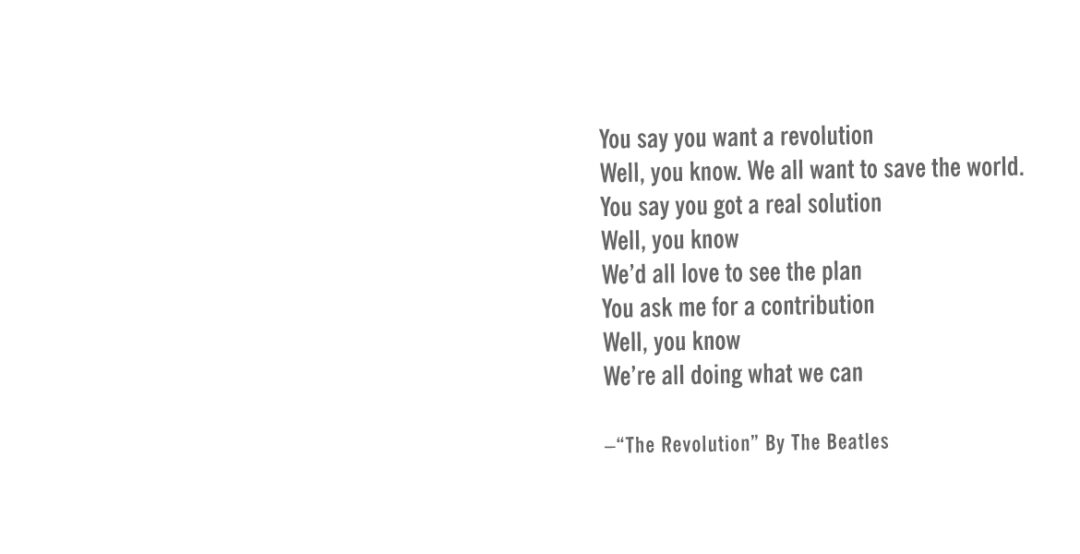In 2013, India mandated that companies of a certain size and profit level must give 2% of their net to charities. Meanwhile, back in the States, our companies are choosing to make a difference, unmandated. Personally, I like that plan better.
More and more companies are using their voices to highlight and further the issues their employees and their leadership care about. These types of Initiatives are often baked into corporate brands, and consumers are paying attention and choosing to spend their dollars with like-minded companies.
Familiar examples include:
Salesforce – 6 days off to do charitable work – they also donate millions.
Starbucks – not only keeps the caffeine coming but takes social stances on the environment and advocates for social issues they care about.
Patagonia – started the 1% for the Planet pledge, giving 1% of sales to environmental concerns, among other initiatives; also asks customers to refrain from buying products if they don’t really need them; and supports employees in taking time to give back.
Other brands like TOMS, Warby Parker and Paul Newman are contributing with each and every sale they make.
Transform’s clients are right there, using their voices and resources to make a difference both locally and nationally. To give a shout-out to just a couple:
Cassaday & Company, Inc. – names “Giving Back” as one of the attributes that differentiates the company and invests in creating opportunities that improve lives through the company-wide Cassaday & Company, Inc. Charitable Fund as well as through employee volunteerism in community organizations like SOME (So Others Might Eat).
Family & Nursing Care – names contributing to the community as a core value and funds grants and scholarships through the Family & Nursing Care Foundation to support access to in-home aging options for low-income seniors as well as educational access for prospective caregivers.
Whitlock Builders – expresses gratitude for the support of their local community and pledges to “Celebrate. Reciprocate. Participate.” They support many causes benefitting area residents and neighborhoods, from soccer teams and museums to Habitat from Humanity and Special Olympics.
I could keep going…
But to continue with the story of the revolution, beyond philanthropy and consumer brand, recruiting the next gen of talent is also at play in a company’s social choices. In Deloitte’s 2017 survey of Millennials, 86% were clear that they want businesses success to be measured by more than corporate profits. Great talent is choosing where they want to invest their time – and talent. I’ve said for years that the company with the best talent wins. I guess we will see if I’m correct in the long run.
And I may well be. As it turns out, making a difference also can contribute more to the bottom line than just creating good will among the community, consumers, and potential employees. The model of having non-profits and NGO’s solving our societal issues is being turned on its head as new businesses make profits from solving social and environmental issues. It turns out that business has a hidden advantage here – capital. When focusing their financial resources on finding solutions to problems, businesses often also create a product which can then be sold to support delivering the solution to those in need.
I love business, I really do. Cause we are all truly “doing what we can.”
Here’s to The Revolution!
By Mary Anne Wampler,
PRINCIPAL, TRANSFORM, INC.




